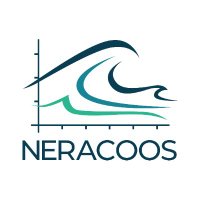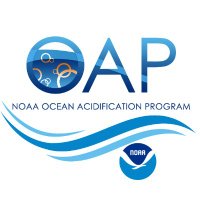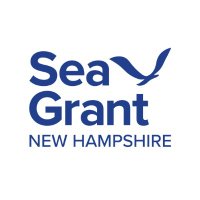
NERACOOS
@neracoos
NERACOOS provides real-time data and forecasts on ocean conditions and weather for the Northeastern U.S.
ID: 2350456560
http://www.neracoos.org 18-02-2014 17:49:47
594 Tweet
513 Takipçi
309 Takip Edilen



Check out this excellent overview of the eMOLT* program that we are working to expand with a collaborative team lead by Gulf of Maine Lobster Foundation! 🦞 *eMOLT: Environmental Monitors on Lobster Traps and Large Trawlers

Just one week to go until the deadline for submissions to the National STEM Challenge. We'd love to see some ocean-themed projects submitted from the Northeast. If you have a great idea or know someone who might, please spread the word! nationalstemchallenge.com/2024 The National STEM Festival






We're excited to expand our partnership with NH Sea Grant to include Maine Sea Grant as well with the shared goal of building the science needed by all ocean users as offshore wind energy develops in the Gulf of Maine. mailchi.mp/maine.gov/osw-…

Katy Bland, Engagement & Research Associate for NH Sea Grant & NERACOOS, will be adding additional capacity in the region as the new part-time Program Manager for the Maine Offshore Wind Research Consortium through a new shared role with Maine Sea Grant. seagrant.unh.edu/blog/2024/02/k…

Decades of work by partners nationwide is at risk from proposed cuts in the U.S. IOOS Office budget, even as climate change reshapes the ocean & human uses evolve as a result. Make your voice heard so champions in Congress can preserve our essential services! cnn.com/2024/04/02/cli…




Things looked hairy at Buoy B yesterday, but measurements at the Jeffreys Ledge waverider further offshore, also operated by our partners at University of New Hampshire, topped 30 feet yesterday! In fact, more detailed data from CDIP Buoys show a single wave in excess of 15m - nearly 50 feet!


The ocean is complex, to say the least. Conditions can be very different at the surface versus at depth depending upon how currents and water masses are moving over large scales. Nick Record discusses the complexities in a new Island Institute blog: docs.google.com/document/d/1v5…


